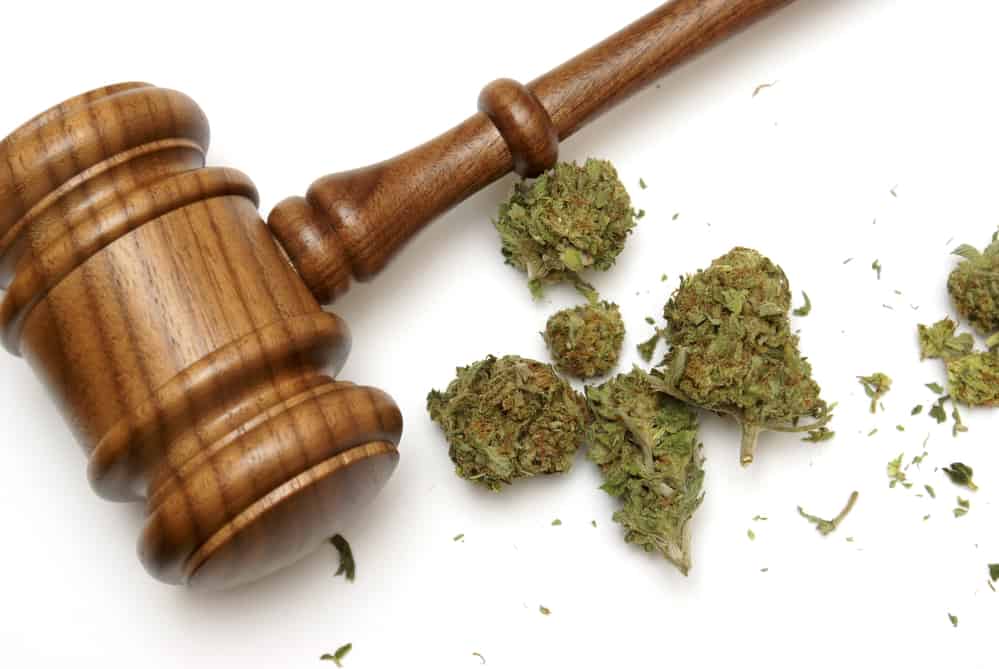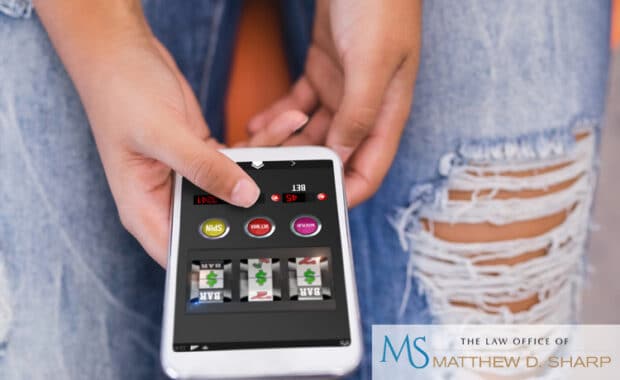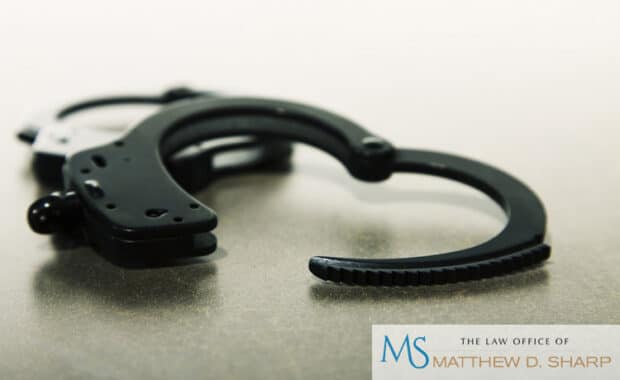Harris County’s new 2017 marijuana laws—known as the Misdemeanor Marijuana Diversion Program—favor personal users. Instead of going to jail if you’re caught with less than four ounces of pot, you can take a class within 90 days and avoid jail time. Less than four ounces of marijuana is considered a misdemeanor amount.
Some police officers may be unfamiliar with the new process if a person is found with four ounces or less of marijuana. If the defendant has a clean record, and the incident wasn’t near a school, he or she may qualify to take a four-hour class (“Cognitive Decision Making”) within 90 days. When the defendant successfully completes the course, the prosecutor’s evidence is destroyed and his or her record remains clean.
Lawmakers approve of the new laws. Many believe that focusing less on marijuana users and more on serious criminals will improve safety for all in Harris County. This post focuses on the rules of the Misdemeanor Marijuana Diversion Program.
Harris County 2017 Marijuana Laws
Here’s a recap of the new laws:
- If the user is found to have four ounces of less of marijuana when caught by police, he or she won’t face an arrest, charges, citations, jail time, or a criminal record as long as he or she enters the voluntary diversion program.
- The individual caught with marijuana will pay a $150 fee and agree to uphold the law while he or she is in the program. He or she agrees to complete the four-hour class.
- An individual caught with four ounces of less of cannabis who’s on probation, caught in a school zone, released on a bail bond, or is a juvenile isn’t eligible for the Misdemeanor Marijuana Diversion Program.
- A person caught with even a small amount of usable marijuana will need to enroll in the decision-making class.
- An individual who’s enrolled in the program and caught with marijuana possession again can’t resume the program.
- Enrollees must be 17 years old, have no other charges from the arrest (other than a Class C misdemeanor ticket) or outstanding warrants may enroll in the program.
- If the enrollee doesn’t complete the program within the 90-day period, the Harris County District Attorney’s Office will issue a warrant in his or her name. Criminal charges will be filed against him or her.
- The course is offered in a convenient format and requires just four hours to complete. There’s no need to miss work, pay an attorney, or make bond.
Lawmakers estimate that the new program will save at least $10 million to $26 million annually for Harris County by diverting approximately 12,000 defendants from the criminal justice system.
It’s estimated that the program will also save many man hours of processing time on misdemeanor marijuana cases. It’s expected the ease the caseload of jailers and administrators as well.
Who supports Harris County’s 2017 marijuana laws?
Most of Harris County’s newly elected leaders want criminal justice reform, including Sheriff Ed Gonzalez (D) and District Attorney Kim Ogg (D). Houston’s Police Chief, Art Acevedo, and the Mayor of Houston, Sylvester Turner (D) also expressed their support for the new marijuana laws.
Defendants Stopped in Drug-Free Zones in Houston or Harris County
The bottom line here is that if you’re caught with any amount of marijuana in a drug-free zone (DFZ) in Houston or Harris County, you’ll be charged with marijuana possession. DFZs include schools, playgrounds, and youth centers, whether publicly or privately owned. The DFZ extends to 1,000 feet from the premises’ perimeter.
For instance, if the defendant is caught at or close to a college, the DFZ is determined from the outside perimeter outwards.
Unfortunately, it won’t make a difference if you’re caught at the school library or in a parking lot. If the police officer catches you within the 1,000-foot distance from the exterior boundary, it’s a DFZ.
Additionally, if you’re caught in proximity to a public swimming pool, video arcade facility, or school bus, you’ll face possible enhanced possession of drugs charges.
DFZ location types are sometimes confusing. If you’re caught with marijuana or any drug in a Harris County DFZ, you need a criminal defense attorney.
Defendants Stopped with a Deadly Weapon
If you’re caught with any amount of marijuana and in possession of a knife, gun, and so in when you’re stopped, you can’t enroll in the Misdemeanor Marijuana Diversion Program.
You need a criminal defense attorney now. Contact an experienced attorney as soon as possible.
Do the new marijuana laws apply to only Harris County?
Yes. If you’re found to have any marijuana on your person, in your home, or in your vehicle in any surrounding counties, you’ll face current penalties under Texas state law.
You need to consult with a criminal defense attorney right away. Under Tex. Penal Code Sec. 481.121, you face a Class B misdemeanor if found with two ounces of marijuana or less or a Class A misdemeanor if found with a minimum of two ounces up to a maximum four ounces.
You’ll face up to 180 days in jail and a maximum $2,000 fine for a Class B misdemeanor. You’ll face up to a year in jail and a maximum $4,000 fine for a Class A misdemeanor in Texas.
That’s why if you’re caught with marijuana and charged with possession anywhere other than Harris County, Texas, you need an experienced criminal defense attorney now. The sooner you involve an attorney in your case, the better.
Contact an Experienced Harris County Criminal Defense Attorney
Although the new 2017 marijuana laws will potentially benefit thousands of would-be offenders, it’s clear that others will still enter the criminal justice system to face potentially serious misdemeanor or enhanced charges.
If you’ve been charged with marijuana possession, contact The Law Office of Matthew D. Sharp at 713-868-6100 to schedule an initial case evaluation.






